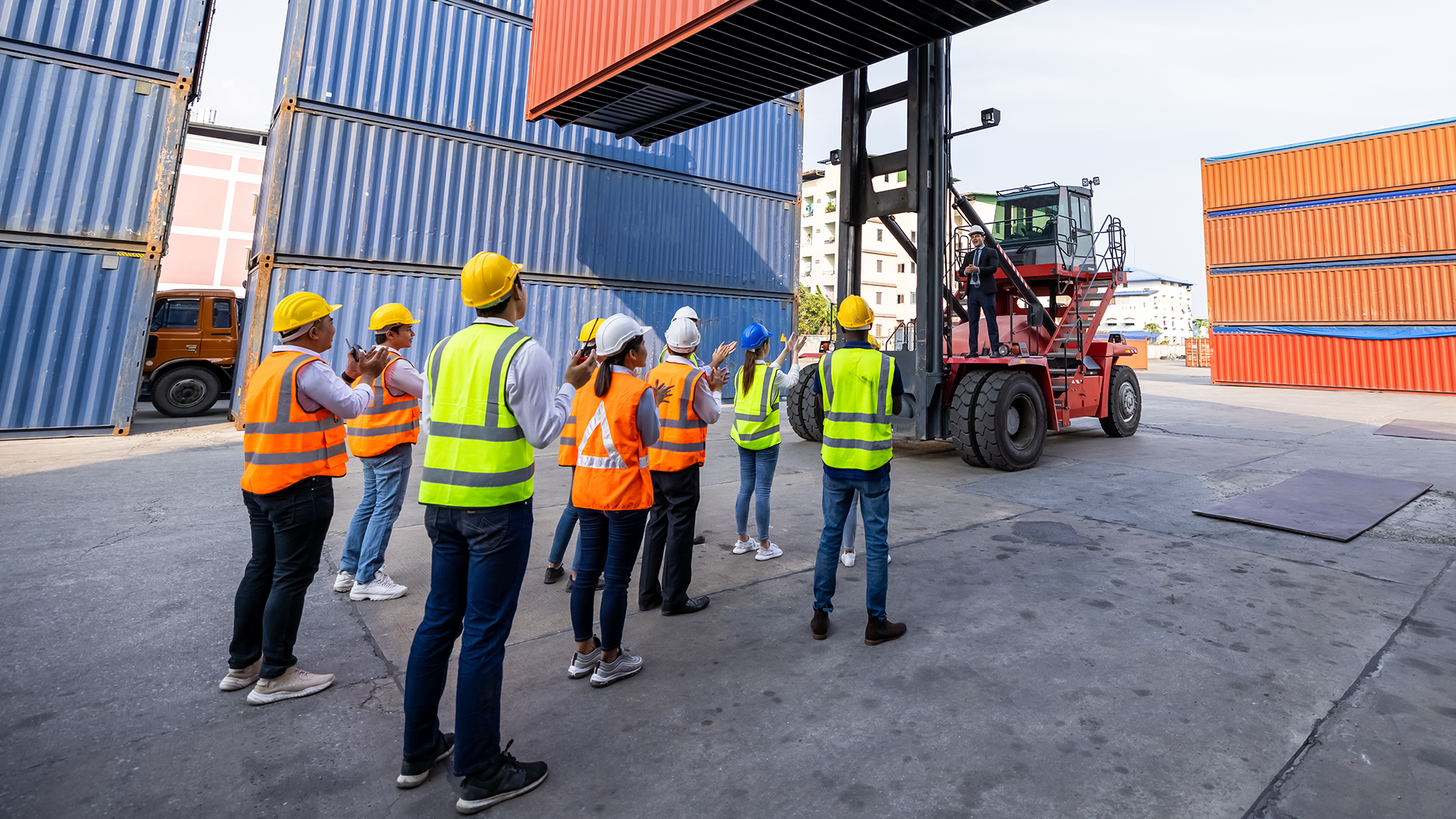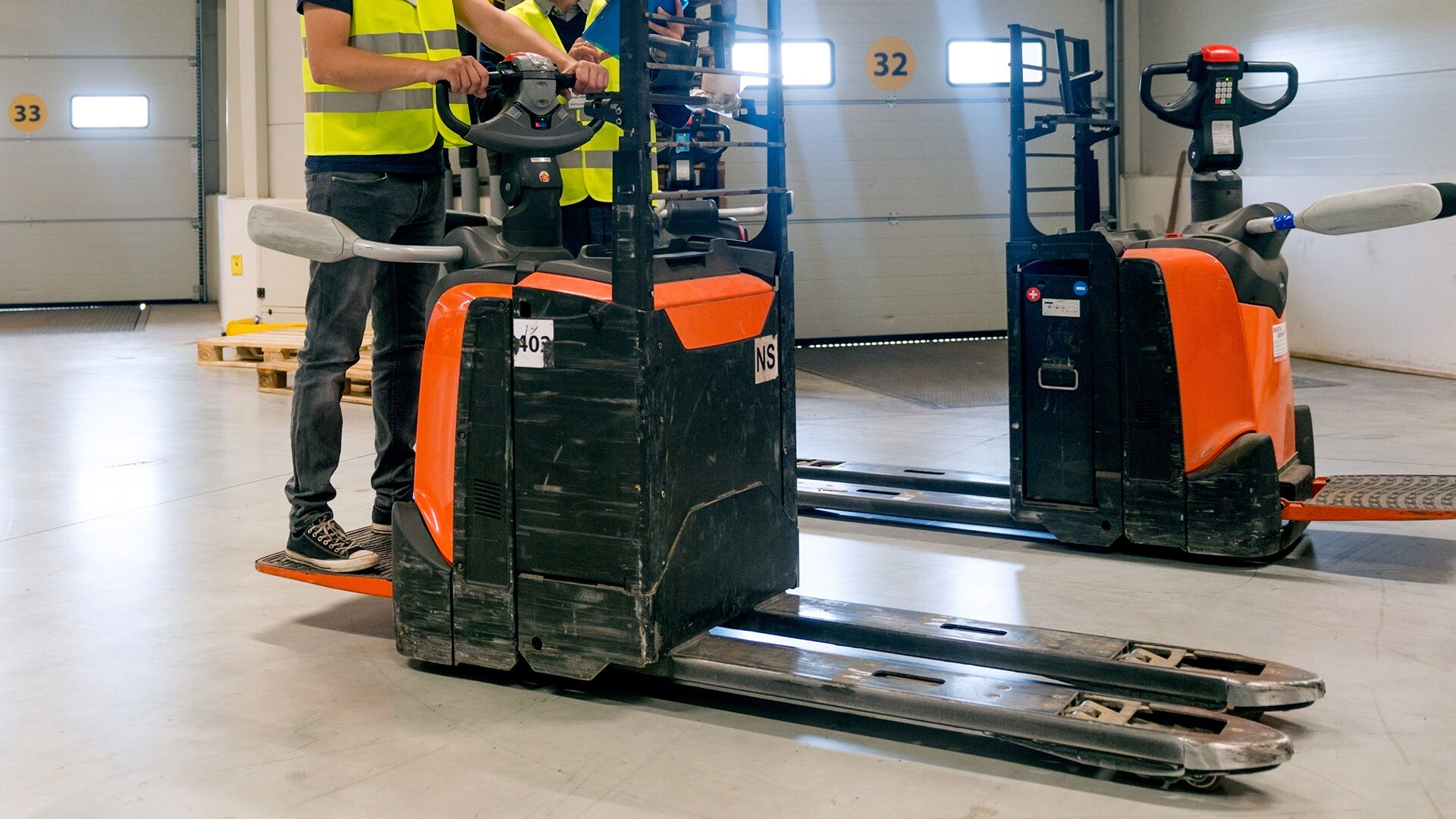Top 5 Forklift Operator Habits That Need to Go
In the fast-paced world of warehouse operations, forklift operators play a vital role in making sure tasks are executed efficiently. However, even the most diligent operators can slip into bad habits that can compromise both safety and productivity.
In this blog we shed light on the top forklift operator habits that need to be eliminated, helping to keep your operation both safe and productive for all.
Excessive Speed
Speeding in a forklift isn’t just about breaking a rule; it’s a serious safety hazard. When operators rush to meet deadlines, they often overlook the risks of manoeuvring at high speeds, particularly in areas with tight spaces or limited visibility. This reckless behaviour can lead to accidents and equipment damage.
To kick this habit, management must ensure that workplace policies support safe operating speeds and that these guidelines are enforced consistently across the board.
Neglecting Pre-Operation Checks
Skipping pre-operation checks is a gamble that places the operator and others at risk. Regular equipment inspections, particularly before commencing a shift, are crucial in identifying potential malfunctions that could lead to serious accidents.
Encouraging operators to perform these checks can be reinforced through training and by integrating them into daily operational protocols. Ensuring compliance with these safety procedures is a must for maintaining not only the longevity of the machinery but also the overall safety of the work environment.
Inadequate Training
Operating a forklift without the necessary training and certification is not only illegal but also incredibly hazardous. All operators must be properly trained in fork lift safety and hold valid certifications to handle such machinery. This ensures they understand both the operational nuances and the safety protocols associated with forklift use.
Companies must prioritise regular training sessions and recertifications to keep skills sharp and compliance up-to-date, thus safeguarding both their staff and their operational integrity.
Improper Loading Techniques
Improper loading techniques can severely destabilise a forklift, leading to accidents that could endanger lives and cause considerable property damage. It’s essential that operators are trained to evenly distribute loads, adhere to the forklift’s capacity limits, and use the correct attachments for specific tasks.
Regular audits and training refreshers can go a long way in maintaining high standards in loading procedures.
Lack of Situational Awareness
A lapse in situational awareness can lead to critical errors when operating a forklift. Operators must remain constantly vigilant of their environment to avoid collisions and mishaps, especially in areas with high pedestrian traffic or complex layouts.
Promoting an alert culture through regular safety briefings and situational drills can help reinforce the importance of vigilance. Additionally, implementing systems to monitor operator behaviour may further enhance awareness and safety in the workplace.
Eliminating these five detrimental habits is paramount for upholding safety and efficiency in warehouse operations. Creating a culture that prioritises thorough training, adherence to safety protocols, and mindful operation can drastically reduce the risk of accidents and improve overall productivity.
For further guidance and support towards enhancing your forklift operations, contact our team today.
Visit the H and F Lift Trucks website for more information on Top 5 Forklift Operator Habits That Need to Go




